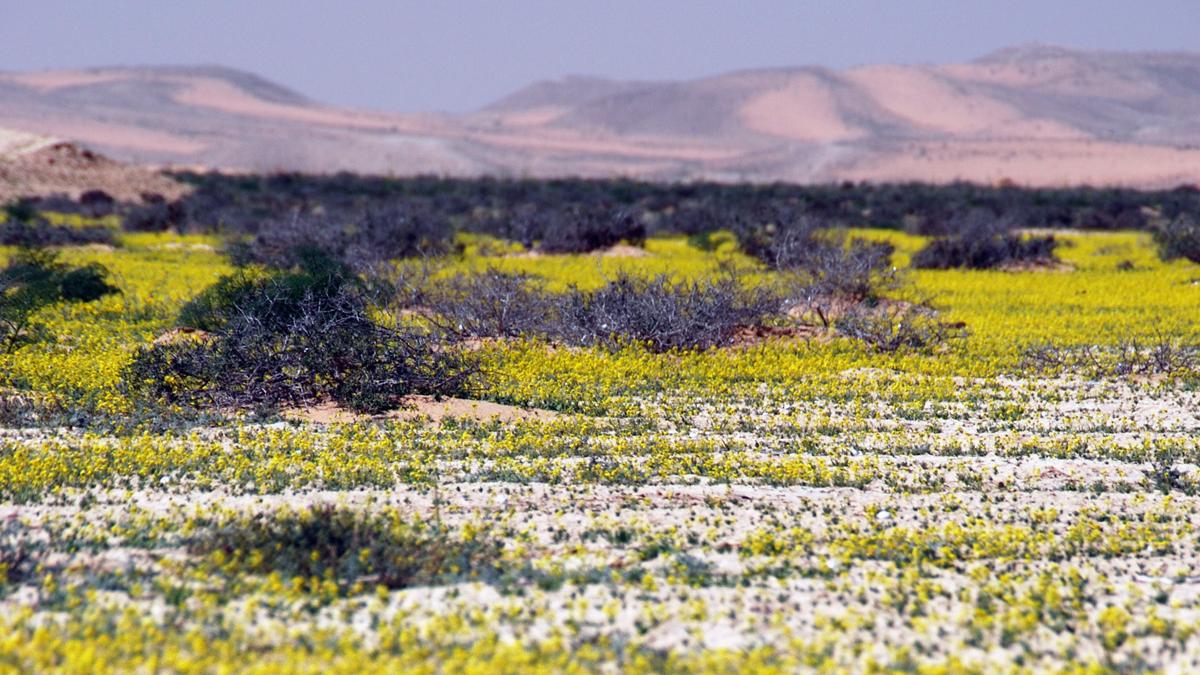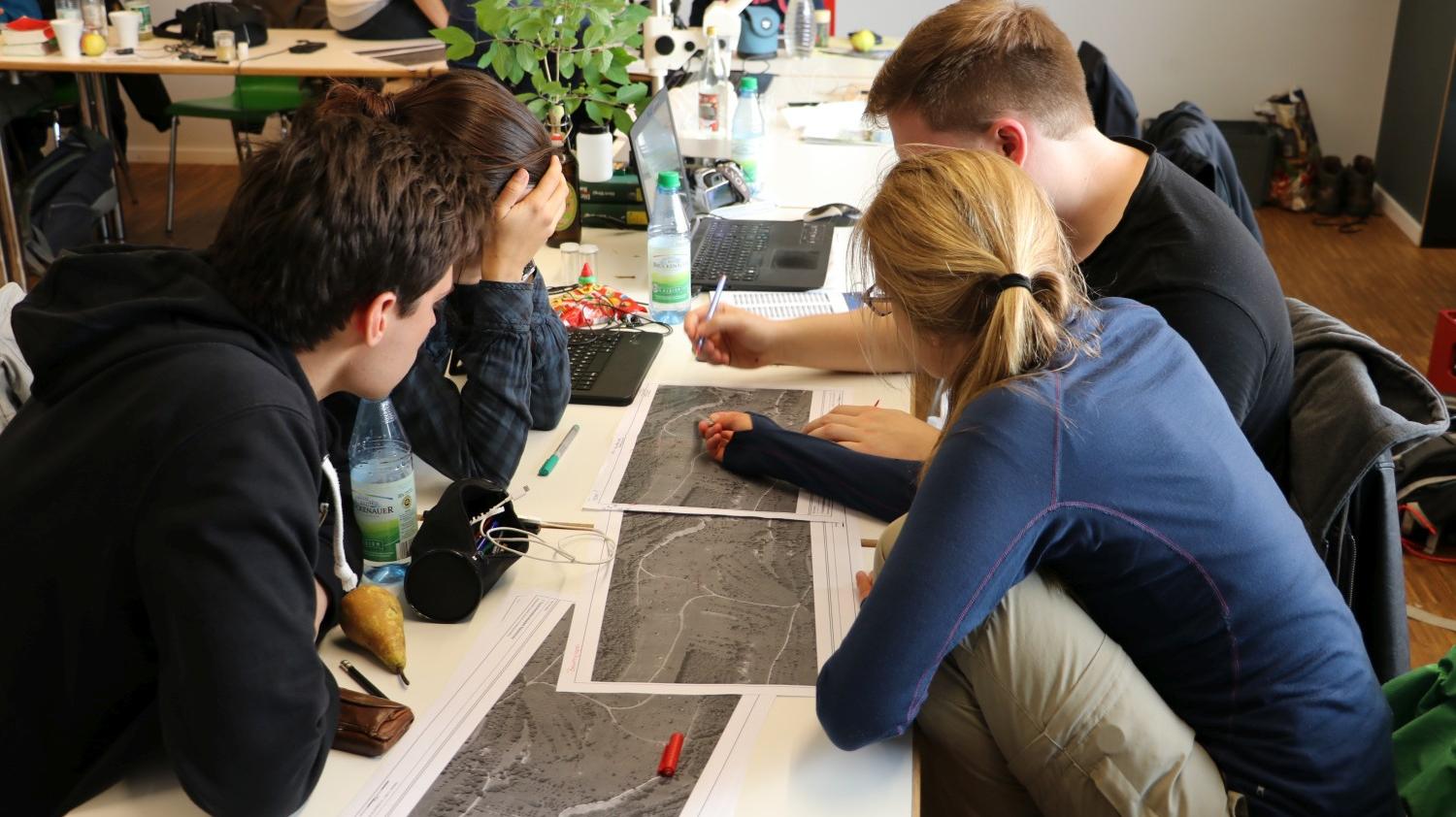Master in Biodiversity, Ecology and Evolution (BEE)
Wintersemester 2025
Bewerbung MSc BEE
Bewerbungsfrist neu (ab Studienstart WiSe 25/26): 31.5.
Überblick
Die Vielfalt der Biosphäre wird durch Selektion und Evolution in einem dynamischen Umfeld geformt, in dem biotische und abiotische Faktoren in komplexer Weise zusammenwirken. Seit dem Beginn des anthropogenen Zeitalters wird die Biosphäre mit beschleunigten, großflächigen anthropogenen Veränderungen in Bezug auf Landnutzung, Schadstoffe, biologische Invasionen und Klima konfrontiert. Die Studierenden des Master of Science in Biodiversity, Ecology and Evolution entwickeln ein vertieftes Verständnis der mit der biologischen Vielfalt verbundenen Prozesse, Leistungen und Funktionen, von der molekularen bis zur globalen Ebene. Sie können die Vielfalt in den Genen, der Morphologie und Physiologie und dem Verhalten von Organismen sowie in der Zusammensetzung von Gemeinschaften quantifizieren und mit ökologischen Funktionen und der Stabilität von Ökosystemen in Verbindung bringen. Über solche integrativen Herangehensweisen lernen die Studierenden, evolutionäre, ökologische und anthropogene Auswirkungen auf die biologische Vielfalt vorherzusagen und empirische Untersuchungen im Labor und im Feld zu konzipieren, durchzuführen und zu analysieren. Darüber hinaus erlernen die Studierenden des MSc BEE Kompetenzen, ihre Ergebnisse zu kommunizieren und aktiv zu aktuellen gesellschaftlichen Debatten beizutragen. Der Studiengang hat neben der Vermittlung von Grundlagen Bezug zu zahlreichen gesellschaftlich relevanten Bereichen, wie Klimawandel-Resilienz, Naturschutz, Bionik, Ökotoxikologie, Landnutzung oder invasive Arten.
Zulassungsvoraussetzungen
Für die Zulassung zum MSc Biodiversity, Ecology and Evolution, ist ein BSc-Abschluss in Biologie mit einer Note von 2,50 oder besser (deutsches Äquivalent) erforderlich. Dieser Studiengang ist vollständig auf Englisch konzipiert. Die Studierenden haben die Möglichkeit, Deutschkurse zu ihren Wahlmodulen hinzuzufügen. Der Nachweis von Englischkenntnissen auf dem Niveau B2 und Deutschkenntnissen auf dem Niveau A2 des Europäischen Referenzrahmens muss erbracht werden.
- Für Studierenden mit Deutschem Abitur ist dies der Fall wenn man Englisch ab Klasse 8 bis Abschluss mit Abschlussnote „gut“ bestanden hat (auch wenn Englisch Niveau B2 nicht explizit auf der Hoschschulzugangsberchtigung HZB eingetragen ist).
- Sonst müssten Englischkenntnisse nachgewiesen werden, zum Beispiel wenn Englisch die Muttersprache ist, oder wenn man einen englischsprachigen Bachelorabschluss aus einem Land mit Englisch als Amtssprache hat, oder eines der folgenden Englisch Zertifikate vorweisen kann:
- TOEFL (79 IBT bzw. 550 PBT), oder
- IELTS 6,5, oder
- Cambridge Zertifikate FCE, CAE, CPE mit B2 bzw. höher
- Internationale Bewerber/innen ohne deutschsprachige Hochschulzugangsberechtigung müssen Deutschkenntnisse ausschließlich anhand von DSH1, Telc B1, TestDaF 3333 oder Goethe-Zertifikat B1 nachweisen.
Ziele des Studiums
Der Masterstudiengang Biodiversität, Ökologie und Evolution ist auf eine Dauer von vier Semestern (120 ECTS-Punkte) ausgelegt. Der Studiengang konzentriert sich auf das Studium organismischer und ökosystemarer Diversität, deren Komplexität und ihrer Funktion. Vermittelt werden die Kenntnis organismischer Diversität sowie das Verständnis ökologischer und evolutionärer Prozesse und Mechanismen in ihrer Bedeutung für die Entstehung, Funktion und Aufrechterhaltung von Biodiversität. Dies erfolgt auch vor dem Hintergrund einer vom Menschen unterschiedlich stark beeinflussten Umwelt. Das Programm schult die Studierenden in der Kenntnis und dem Umgang mit ökologischer und biologischer Vielfalt und Komplexität sowohl aus einer kurzfristigen, lokalen als auch einer langfristigen, globalen Perspektive. Es verbindet systemorientierte Top-down und Organismus-basierte Bottom-up Ansätze bei der Untersuchung von Plastizität, Anpassungsfähigkeit, Evolvierbarkeit, Funktionalität, Widerstandsfähigkeit, Unterstützung ("facilitation") und Erhalt ("conservation"). Dies erfolgt auf Betrachtungsebenen, die von Ökosystemen bis zu Populationen und ihrer genetischen, strukturellen und physiologischen Vielfalt reichen.
Weitere Informationen
- Inhalte und Ziele: Modulhandbuch.
- Master Rahmenprüfungsordnung: MRPO.
- Besonderer Teil für den MSc BEE: hier.
- Vorlesungsverzeichnis und Anmeldung für Lehrveranstaltungen: alma.



